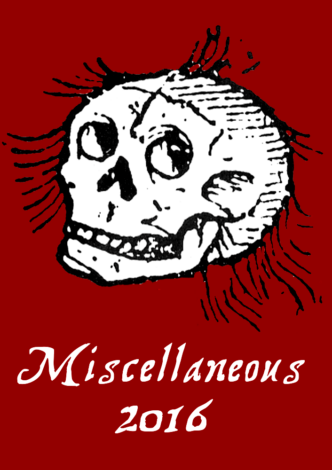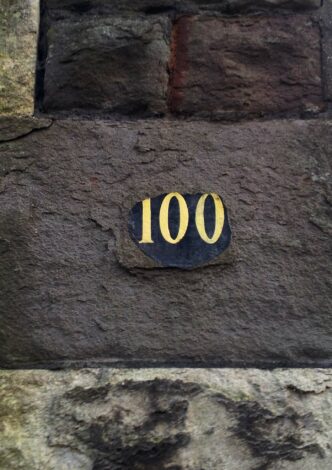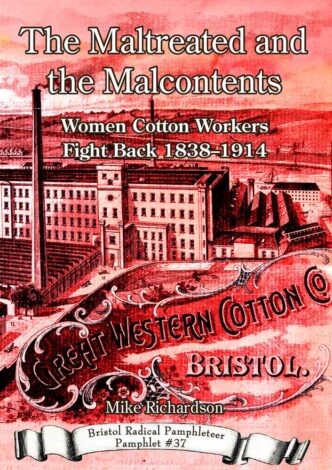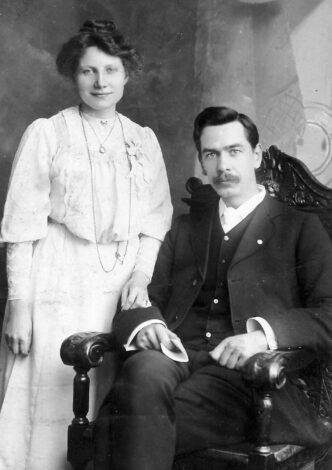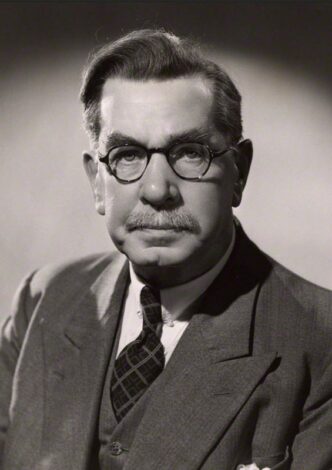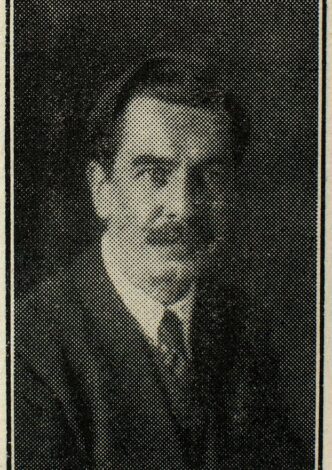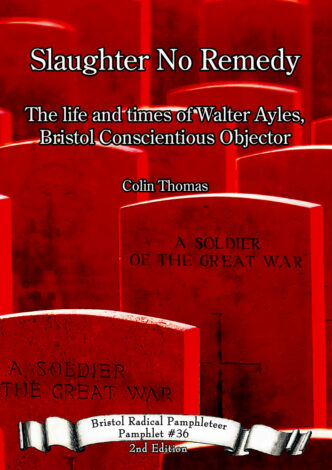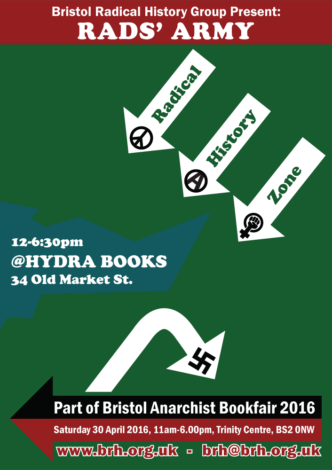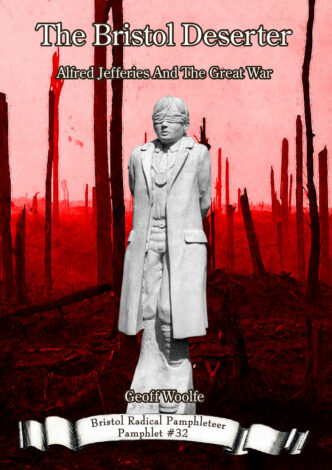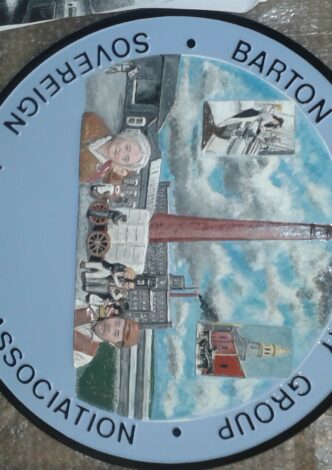Abolitionists in Bristol
According to historians of the slave-trade in Bristol there were 'precious few' Abolitionists in the city - but at least there were some and not just in the 18th and 19th Centuries. The last Anglo-Saxon Bishop, St Wulfstan, managed to get the 400 year-old trade of slaves between Bristol and Dublin banned in the 11th Century. Still obscured, the only 'good' story you can get from slavery is the banning of it. Bristol Radical History Group member Mark Steeds will try to shed some light upon the […]


